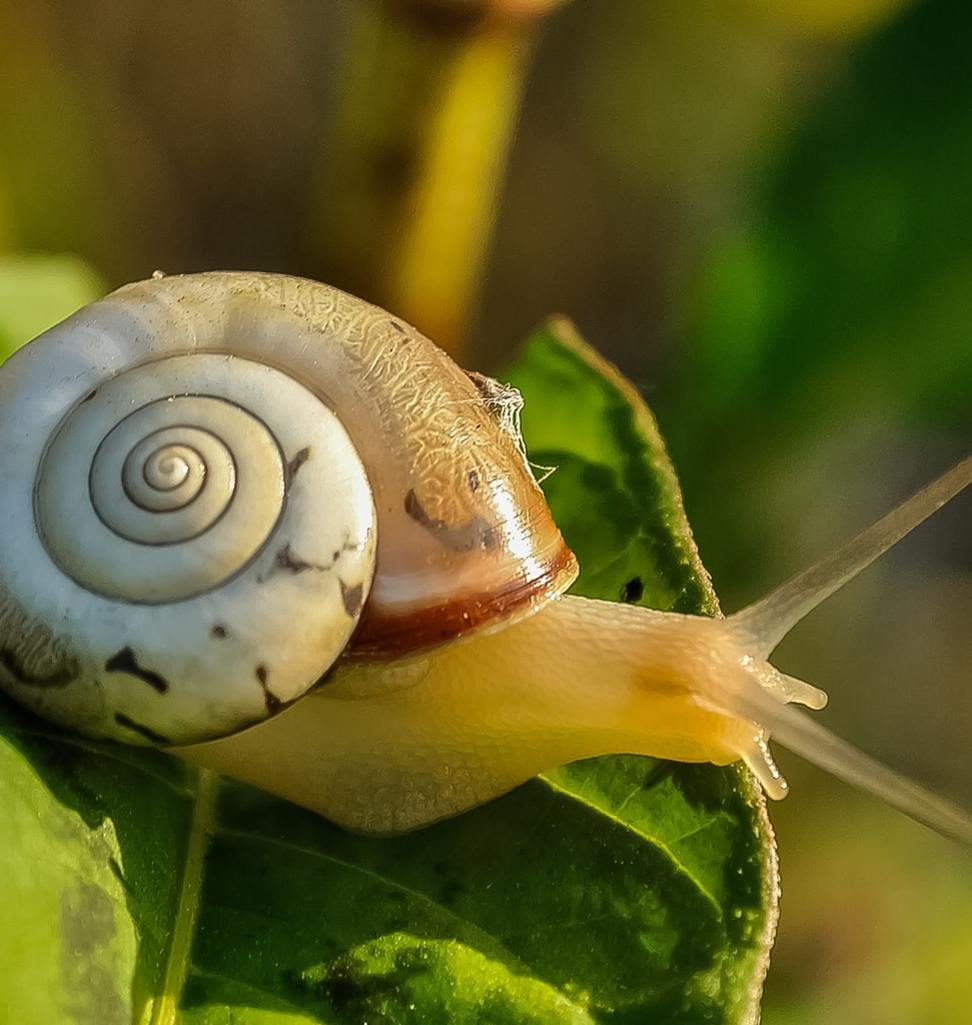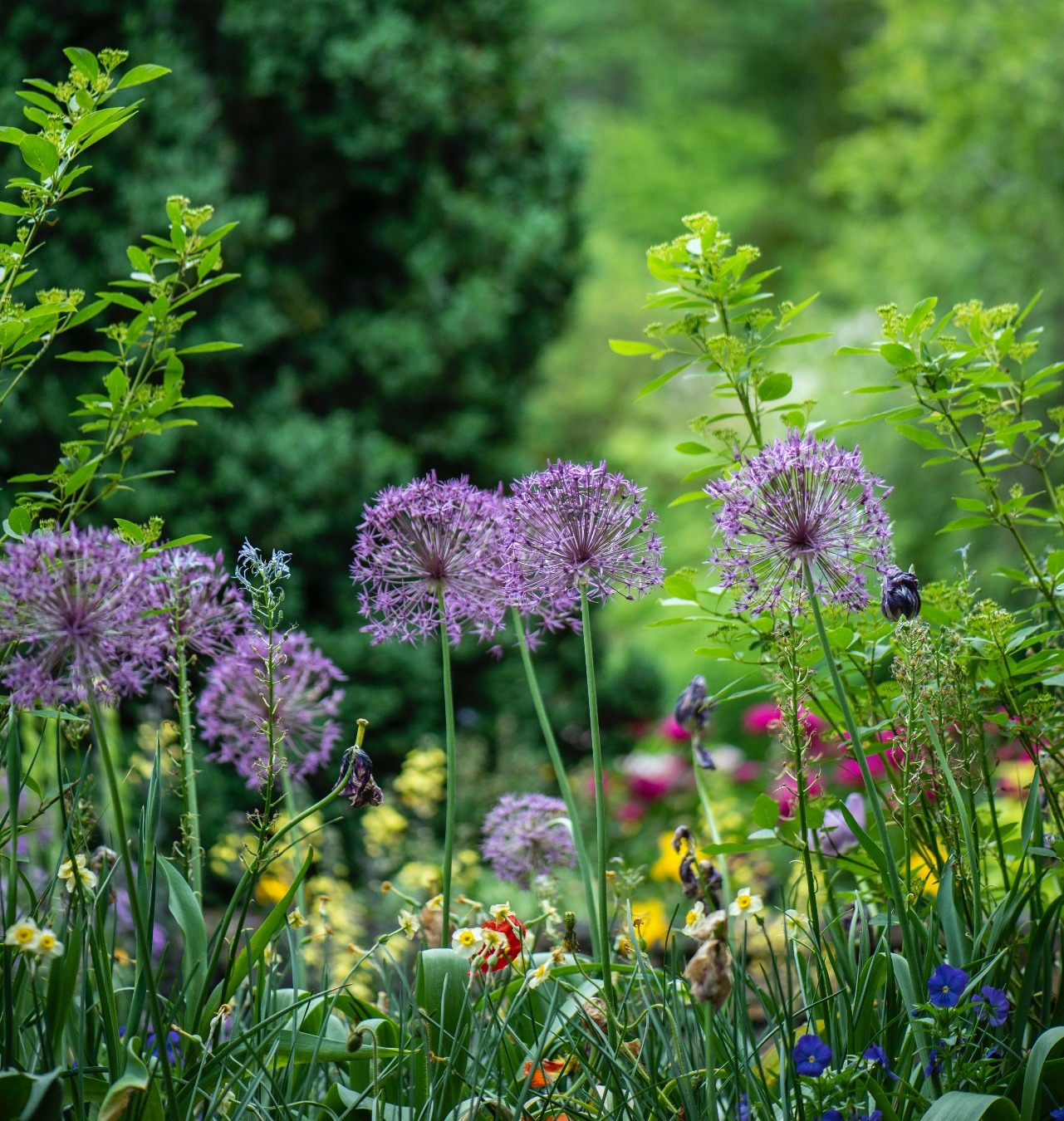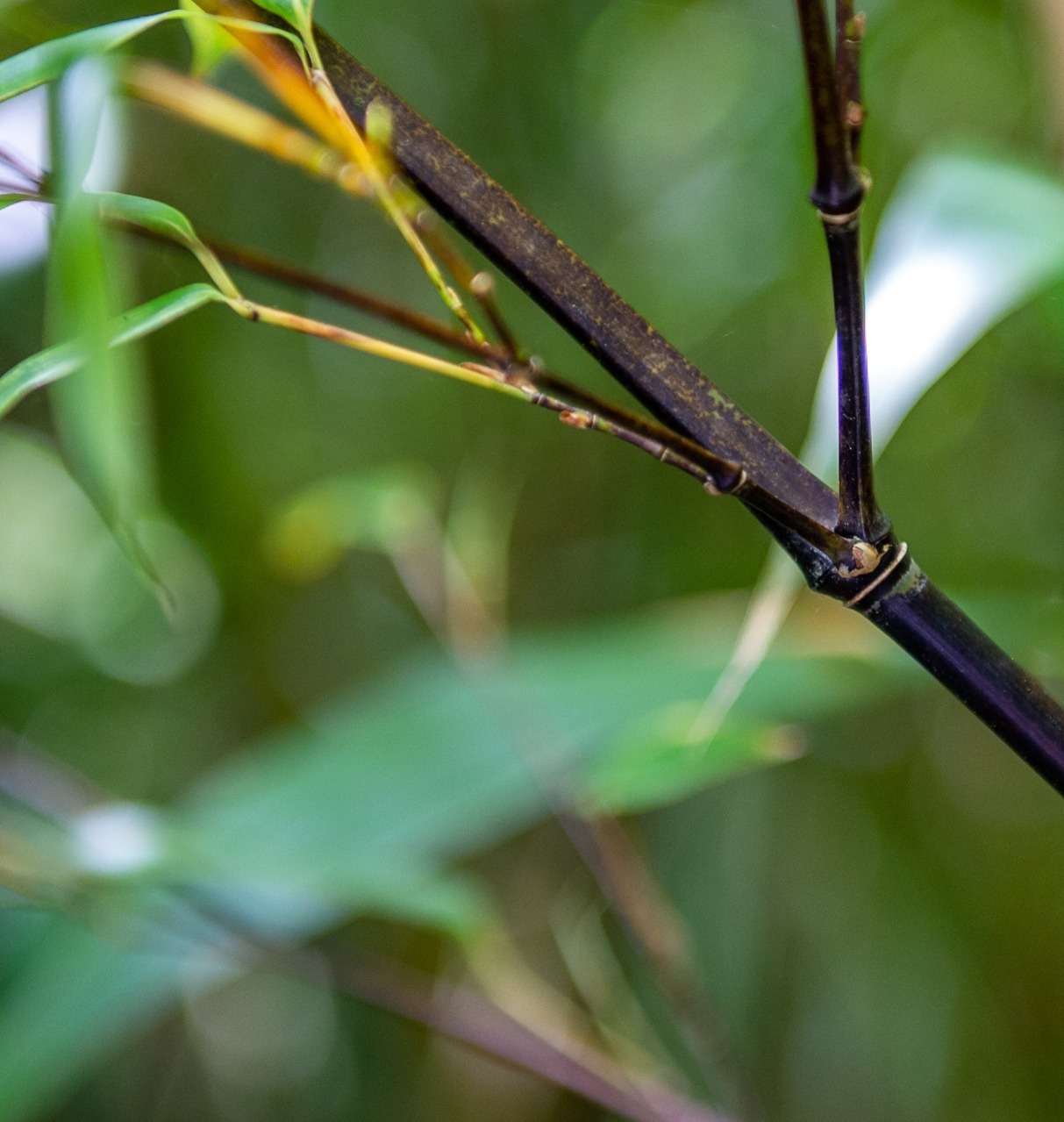COMMON AND GARDEN PESTS
Gardens, with their design, landscaping, plant stock, planting and maintenance, represents significant investment. To protect the garden from climatic cruelty — droughts, gales, ongoing heat waves, long periods of snow cover — is impossible.
What is possible is the protection from pest and fungal invasions. There is nothing more daunting to have hostas savaged by snails, or 25 year old weeping ash trees destroyed by Chalara.

Pest attacks
The more visible examples are birds, fowls, rampant foxes, rabbits, mice, badgers, snails and slugs.
The hard-to-see creatures are aphids, ladybirds, white ants, some beetle species and caterpillars.
These attacks occur in varying conditions — prolonged damp, migration — and particular seasons.

Pest control
Amberley Garden Services can help gardeners to thwart attacks and plan prevention programmes to minimise damage and prevent spreading.
We can diagnose plant health and undertake control and cure procedures in many cases.
FLORA AND PLANT DISEASES
It is essential to be able to diagnose ill health in a plant before there is wide-spread infestation and destruction of a vegetable garden or border bed.

Plant diseases
The usual categories of disease are fungal, bacterial and virus. The tell-tale signs range from wilting, leaf browning or mottling, leaf curling or dying or stem withering.
Diseases can also attack from below the ground in the root systems: Armillaria, honey fungus, which can infest plants and trees up to 30m underground, which are genetically related.
Amberley Garden Services provide a diagnosis and treatment service for most diseases, and advice on ways to prevent re-occurrence and provide environments that deter diseases.

Plant pathology
This is the science of plant diseases that either kill a plant or diminishes its ability to grow, self-seed, flower or produce vegetables or fruit.
We know how plants work; we know their individual components much like a mechanic understands a car. The significant difference is that plants have hormones, cars don’t. This gives us advantage over growth control and IPM (integrated pest management).



